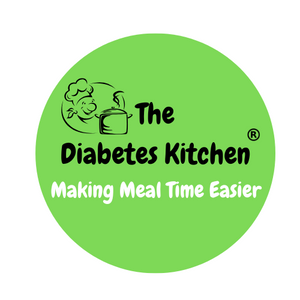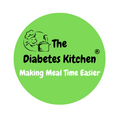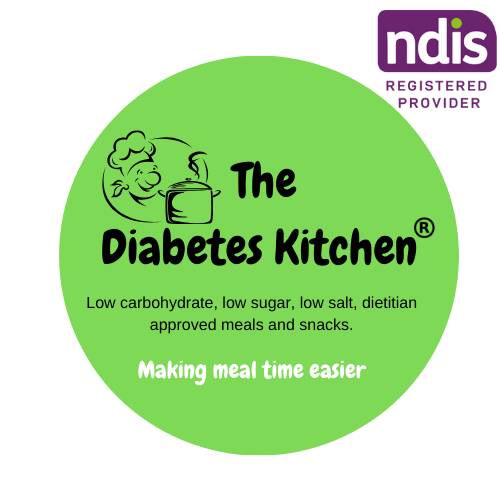Meet Your Hypothalamus
Discover how the hypothalamus regulates hunger, appetite, and body weight. Learn which hormones influence it and how this tiny brain region controls when and how much you eat.
When it comes to appetite and weight control, most people focus on diet, exercise, or willpower. But the real master regulator of hunger lies deep within the brain — a small but powerful structure called the hypothalamus.
Understanding how the hypothalamus works can help explain why we feel hungry, how we know when to stop eating, and why maintaining a healthy weight isn’t simply a matter of “eat less, move more.”
What Is the Hypothalamus?
The hypothalamus is a small, almond-sized region located at the base of the brain, just above the pituitary gland. Despite its size, it plays a crucial role in keeping the body in homeostasis — the balance of internal processes like temperature, thirst, sleep, hormone release, and appetite regulation.
The hypothalamus constantly receives information from the body — including blood sugar levels, hormone signals, and nutrient availability — and adjusts your hunger and energy use accordingly.
How the Hypothalamus Controls Appetite
Appetite is regulated by a complex feedback loop between the hypothalamus, digestive system, and hormones. The hypothalamus acts as a command centre, interpreting signals about energy needs and determining whether you should eat or stop eating.
Inside the hypothalamus are several specialised regions that control feeding behaviour:
1. Arcuate Nucleus (ARC)
This is the primary hub for appetite control. It contains two main sets of neurons that work like a seesaw:
-
NPY/AgRP neurons → stimulate hunger (“I’m hungry”).
-
POMC/CART neurons → suppress appetite (“I’m full”).
The balance between these two signals determines your overall drive to eat.
2. Lateral Hypothalamus (LH)
Often called the “feeding centre,” the LH triggers hunger and motivates you to find food. When activated, it increases appetite and even makes food seem more rewarding.
3. Ventromedial Hypothalamus (VMH)
Known as the “satiety centre,” this region signals fullness. When it’s stimulated, eating behaviour decreases. Damage to the VMH can cause overeating and rapid weight gain in animal studies.
Hormones That Influence the Hypothalamus
The hypothalamus doesn’t work alone. It responds to chemical messengers — hormones — that circulate in your blood. These hormones provide real-time information about energy stores and recent food intake.
Here are the main hormones involved:
1. Leptin — The Satiety Hormone
Leptin is released by fat cells. When body fat levels rise, leptin increases and signals the hypothalamus to reduce appetite. It essentially tells your brain, “We have enough energy stored.”
However, in obesity, the body can develop leptin resistance, meaning the brain stops responding properly — leading to persistent hunger despite high leptin levels.
2. Ghrelin — The Hunger Hormone
Produced in the stomach, ghrelin rises before meals and falls after eating. It activates the hypothalamus’s hunger neurons (NPY/AgRP), prompting you to seek food. Ghrelin levels tend to increase when you diet or skip meals.
3. Insulin
Released by the pancreas when blood sugar rises, insulin helps regulate glucose and also acts on the hypothalamus to suppress appetite. Chronic overeating can lead to insulin resistance, which disrupts this feedback loop.
4. GLP-1 and PYY
These gut hormones are released after eating, signalling fullness to the hypothalamus. Modern GLP-1 medications (like Ozempic® or Wegovy®) mimic this effect, helping reduce appetite and food intake.
How the Hypothalamus Maintains Energy Balance
Your hypothalamus is always trying to keep your body in energy balance — ensuring you have enough fuel without storing too much fat.
When you eat less than usual, hormones like leptin and insulin drop, and ghrelin rises. The hypothalamus responds by increasing hunger and reducing metabolic rate to conserve energy.
This is why dieting can be challenging — your brain actively pushes back against calorie restriction to maintain stability. Conversely, when you overeat, appetite hormones signal the hypothalamus to curb hunger and raise energy use, at least temporarily.
What Happens When Hypothalamic Signalling Goes Wrong
Disruptions in hypothalamic function can lead to serious appetite and weight issues:
-
Leptin or insulin resistance can prevent satiety signals from working, leading to constant hunger.
-
Hypothalamic injury or tumours can cause uncontrollable weight gain or loss.
-
Chronic stress and poor sleep increase cortisol, which interferes with hypothalamic regulation and boosts cravings for high-sugar foods.
Modern research is focusing heavily on this brain-gut communication, as understanding it could help develop better treatments for obesity, diabetes, and eating disorders.
How to Support a Healthy Hypothalamus
While you can’t directly “train” your hypothalamus, healthy lifestyle habits help keep your appetite signals working properly:
-
Eat balanced meals rich in protein, fibre, and healthy fats to maintain steady glucose and hormone levels.
-
Prioritise sleep, as poor sleep raises ghrelin and lowers leptin.
-
Manage stress, since chronic cortisol elevation disrupts hunger regulation.
-
Stay active, as regular exercise improves insulin and leptin sensitivity.
The Bottom Line
The hypothalamus is the brain’s control centre for hunger, constantly balancing hormones and signals to regulate appetite and energy use. When this system works properly, it naturally keeps your weight stable. When it’s disrupted — by poor diet, stress, or hormonal resistance — appetite control becomes far more difficult.
By understanding how the hypothalamus works and supporting it with healthy habits, you can align your biology with your goals — achieving better appetite control, improved metabolism, and lasting health.





